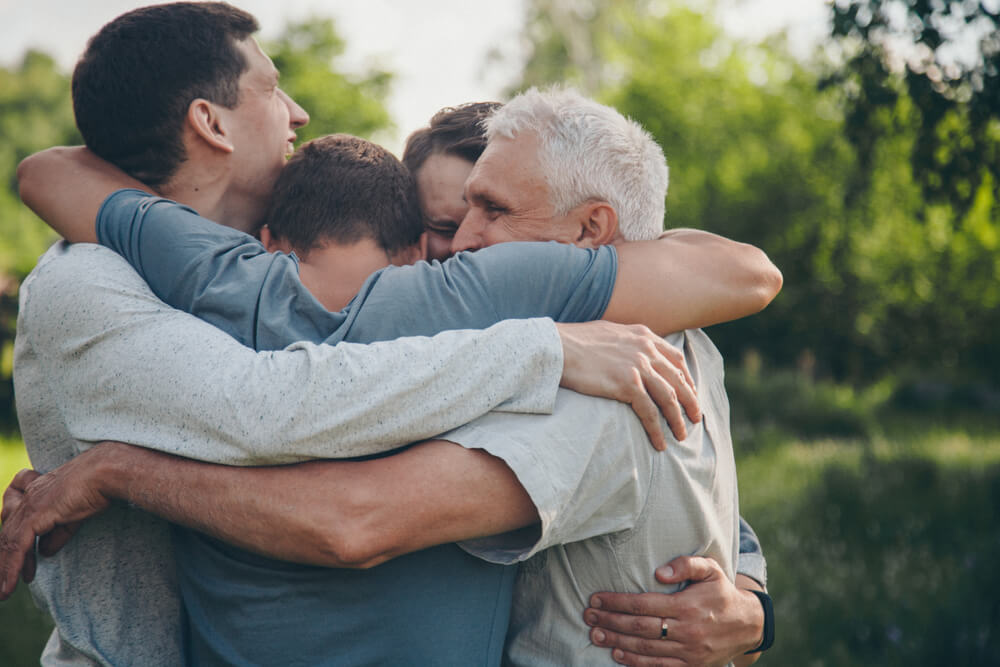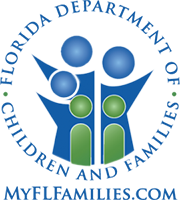
Watching a loved one struggle with addiction is one of the most painful and helpless feelings in the world. Addiction can wreak havoc on families and can cause our loved ones to behave in ways that are out of character for them. Relationships can be strained, trust lost, and feelings may be hurt as a result of their behaviors. While forgiveness may not come easily, giving your loved one is an important part of the recovery process, for everyone involved.
How to Forgive an Alcoholic or Addict
Forgiving your loved one for their actions may seem impossible right now, but it can help you begin to heal from the experience of loving an addict. If you haven’t already, consider speaking to a therapist to help you work through any issues you may still need to work through. To start the journey of forgiveness, take a look at these tips for forgiving an addict:
- Let go of any anger, frustration, or guilt you may be harboring. Speaking with a therapist or attending ALANON meetings can be incredibly helpful in doing this. Your feelings, frustrations, and concerns are valid, and finding a place to work through them will allow you to genuinely forgive your loved one.
- Understand that saying you forgive them does not mean you agree with drinking or drug use. It is okay to be both firm and empathetic when you have this conversation.
- Take time to recognize all the qualities you love about the person, write them down, and read them often.
- Do your research on addiction to help you better understand addiction as a disease. Understanding the disease can be helpful in allowing yourself to let go of any guilt you feel or for things you’ve blamed yourself for.
- Tell them how you feel about them and be honest with them about how their addiction has affected you.
- Have realistic expectations for their return home from rehab. Take things slow and understand that it may take a while for everyone to adjust to the new changes. Not expecting things to immediately return to how they used to be before the addiction will hopefully keep feelings of resentment at bay.
Rebuilding Healthy Relationships After Addiction
Restoring damaged relationships after addiction is hard, but the reward of having a healthy relationship with your loved one is so worth it. They say patience is a virtue and one that will serve you well when rebuilding relationships.
- Use open and honest communication. The loss of trust can only be regained through communicating openly with your loved ones and having them do the same.
- Leave the past in the past. Any hurtful behavior done as a result of the addiction should not be held over their head or used against them. If you expect your loved one to do the work to remain sober, you need to also do the work to heal from it and be in a healthy space to forgive and rebuild.
- Find a family therapist and commit to attending each session.
Family Therapy at The Source Addiction Treatment Center
The Source Addiction Treatment Center provides individualized, comprehensive addiction treatment. Clients are immersed in a wealth of therapies to help them identify the root causes of addiction and learn healthy coping skills. Trauma therapies are provided to help quickly and effectively heal from past traumatic events so recovery is possible. The Source experience is unlike any other drug rehab because of their value of family. The employees strive to provide a welcoming environment where everyone feels like family. They also encourage familial involvement in the planning of treatment goals as well as family therapy. Family therapy provides families the opportunity to mend damaged relationships in a safe place with experienced therapists who can help guide the conversations so they are productive. To learn more about family therapy at The Source, please call (800)204-0418 or visit them online at www.thesourceaddictiontreatmentcenter.com.
 The Source quite frankly saved my life and got me back on track, never giving giving up on me. When you are thinking about and looking through all of the different places to go for treatment this is the one that should stand out from the rest.
The Source quite frankly saved my life and got me back on track, never giving giving up on me. When you are thinking about and looking through all of the different places to go for treatment this is the one that should stand out from the rest.




























